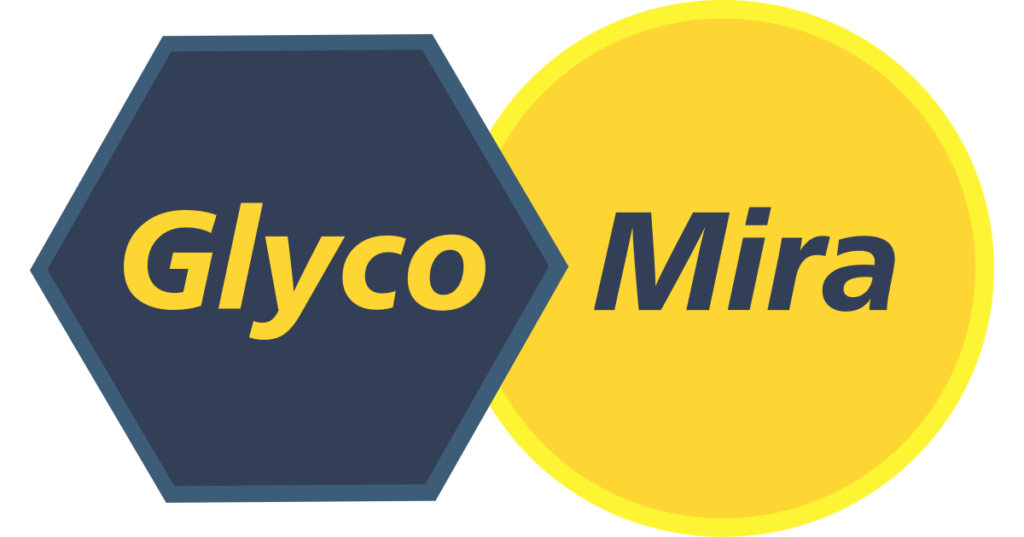The Company is moving towards Phase 1/2a clinical investigations of GM-1111 in combination with radiation for the treatment of head and neck cancers and the mitigation of radiation-induced oral mucositis. According to Allied Market Research 2021, the global head and neck cancer treatment market is predicted to reach $2.3B by 2025. American Cancer Society 2023 Cancer facts and Figures Annual Report indicates that more than 70,000 new cases occur annually in the US. There is a high incidence of re-occurrence, and over 80% of patients will develop severe oral mucositis during treatment, a complication arising from the standard of care that substantially degrades quality of life and compromises treatment and prognosis.
Commenting on the Patent Issuance, William P. Tew, PhD, the Company’s CEO stated, “The claims of this key patent adds to our already strong IP portfolio, protecting our technology as we move to clinical investigations. In the last few decades, therapeutic strategies that target the specific molecules responsible for the initiation or amplification of cancer progression have shown great success. As such, the concept of multi-target drugs has emerged as a promising therapeutic strategy for the treatment of many cancers. Our lead asset, GM-1111, is unique among oncology therapeutics in its multi-modal activity. Pre-clinical studies indicate that GM-1111 inhibits multiple molecular factors in the tumor micro-environment that contribute to the development and growth of solid tumors, as well as treatment-resistant cancers. Simultaneous action against these molecular and cellular components will ultimately lead to the improved therapeutic efficacy and outcomes for patients.”
About GlycoMira Therapeutics:
GlycoMira Therapeutics is a Salt Lake City based pre-clinical biopharmaceutical company focused on the development of innovative immune-modulating and anti-inflammatory therapeutics for oncology applications. GlycoMira’s technology is exclusively licensed from the University of Utah. To date, GlycoMira has received over $10M in NIH awards to support the development of GM-1111 for unmet medical needs.



